I’ve had an issue with a parasite associated with RTN of Acropora palmata and cervicornis in my reef tanks. They seem to infest the corals especially after microfragmentation or any other stressors. I have removed dead corals and cut off the “infected” areas. I have also tried various treatments such as Levamisole and Brightwell frag recovery dip.
After further research it looks to be possibly Philaster Lucinda or Guamense. If anyone has thoughts on what this may be or any solutions I would love to get advice!
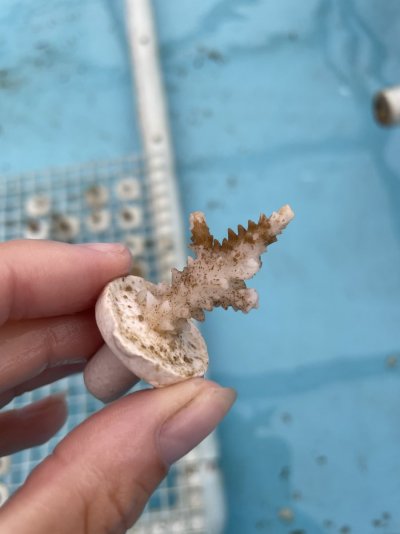
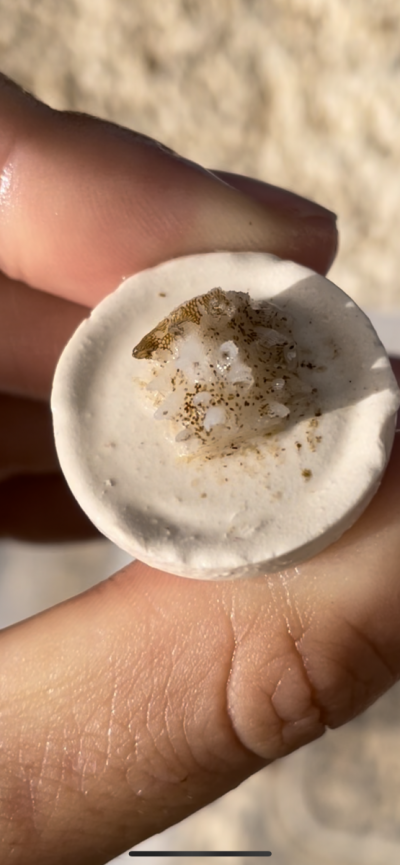
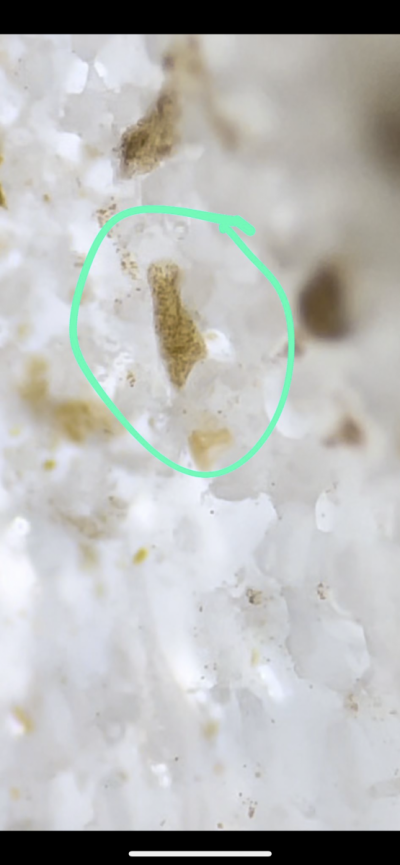
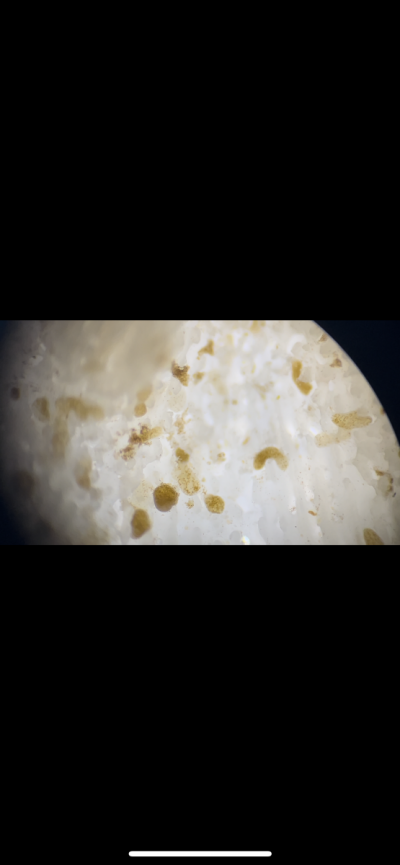
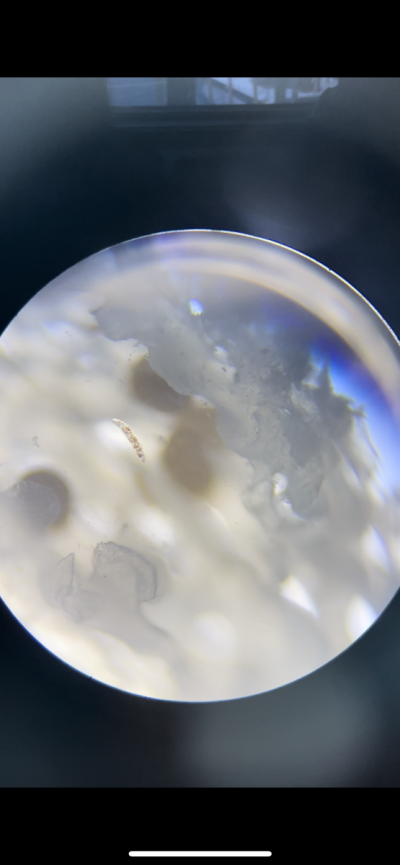
After further research it looks to be possibly Philaster Lucinda or Guamense. If anyone has thoughts on what this may be or any solutions I would love to get advice!


















